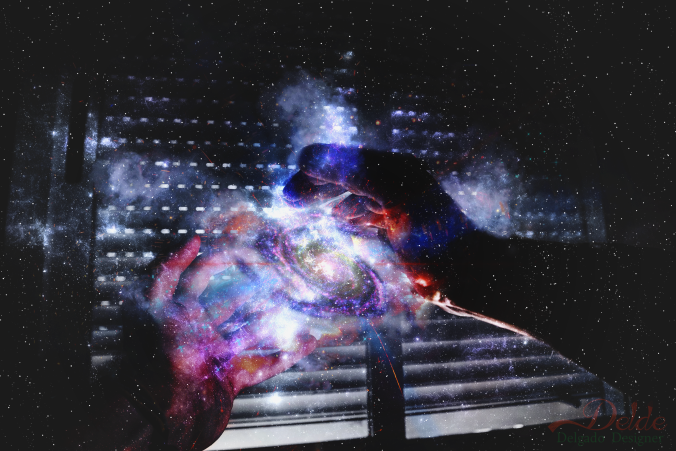”After all, if you casually ask someone to go to bed with you and they refuse, you don’t slip into a depression, commit suicide or homicide — but around the world people suffer terribly from romantic rejection.”
Helen Fisher
Love is an endless theme to discuss. We sing, we write about love, we suffer from it, and yes, sometimes we enjoy it)))
I loved once during my 23 years and it lasted almost a year and had lot of affections, which lasted from a week to two-three months. I believe in love, but not in an endless one. Enzo Emanuele and coworkers reported the protein molecule known as the nerve growth factor (NGF) has high levels when people first fall in love, but these return to previous levels after one year.

Biological dimensions for love are very interesting and actual in our life. Helen Fisher, a leading expert in the topic of love, divides the experience of love into three partly overlapping stages: lust, attraction, and attachment.Lust is the initial passionate sexual desire that promotes mating, and involves the increased release of chemicals such as testosterone and estrogen. These effects rarely last more than a few weeks or months. Attraction is the more individualized and romantic desire for a specific candidate for mating, which develops out of lust as commitment to an individual mate forms. Recent studies in neuroscience have indicated that as people fall in love, the brain consistently releases a certain set of chemicals, including the neurotransmitter hormones, dopamine, norepinephrine, and serotonin, the same compounds released by amphetamine, stimulating the brain’s pleasure center and leading to side effects such as increased heart rate, loss of appetite and sleep, and an intense feeling of excitement. Research has indicated that this stage generally lasts from one and a half to three years.
Fisher distinguishes between four broad biologically based styles of thinking and behaving which she associates with four broad neurochemical systems. Fisher emphasizes that these are not “types” and that we are all a unique combination of all of them.
The corresponding Platonic thinking style, Keirsey temperament type, according to some readers, not Fisher herself, and color:
| Explorer | creative | Artisan | yellow | dopamine |
| Builder | sensible | Guardian | blue | serotonin |
| Director | reasoning | Rational | red | testosterone |
| Negotiator | intuitive | Idealist | green | estrogen/oxytocin |
Here is the link for doing temperament test: https://www.keirsey.com/sorter/register.aspx;
During writing the post I have done it, and result showed me as Guardian. Before taking the test I read a short description of each type and considered myself as a Guardian and test results showed exactly the same. I will a deeper look to it later.
Contrast to LoveIt is widely accepted that the contrast of love is hate. For me the contrast of love is apathy, or maybe not-love. I f you hate you feel smth, but if there is an apathy you are in a state of indifference, or the suppression of emotions such as concern, excitement, motivation, or passion. That means there is nothing, null which is more that -1 of hate.
Quotes about love that are inspiring- “Love is giving something you haven’t got to someone who doesn’t exist”- Jacques Lacan
- “The opposite of love is not hate, it’s indifference. The opposite of art is not ugliness, it’s indifference. The opposite of faith is not heresy, it’s indifference. And the opposite of life is not death, it’s indifference.” – Elie Wiesel /yes, I found a quote that I agree in 100 % /
- “Never love anyone who treats you like you’re ordinary.” – Oscar Wilde
- “To love is to suffer. To avoid suffering one must not love. But then one suffers from not loving. Therefore, to love is to suffer; not to love is to suffer; to suffer is to suffer. To be happy is to love. To be happy, then, is to suffer, but suffering makes one unhappy. Therefore, to be happy one must love or love to suffer or suffer from too much happiness.” ― Woody Allen
- “Every heart sings a song, incomplete, until another heart whispers back. Those who wish to sing always find a song. At the touch of a lover, everyone becomes a poet.” – Plato
Advertisements Share this:





